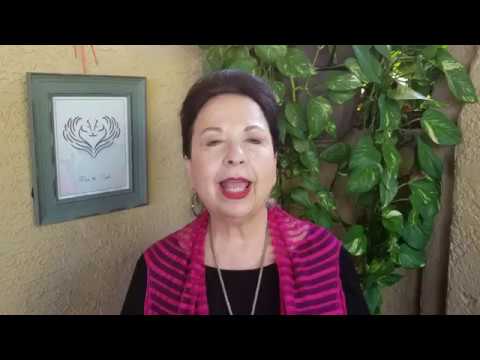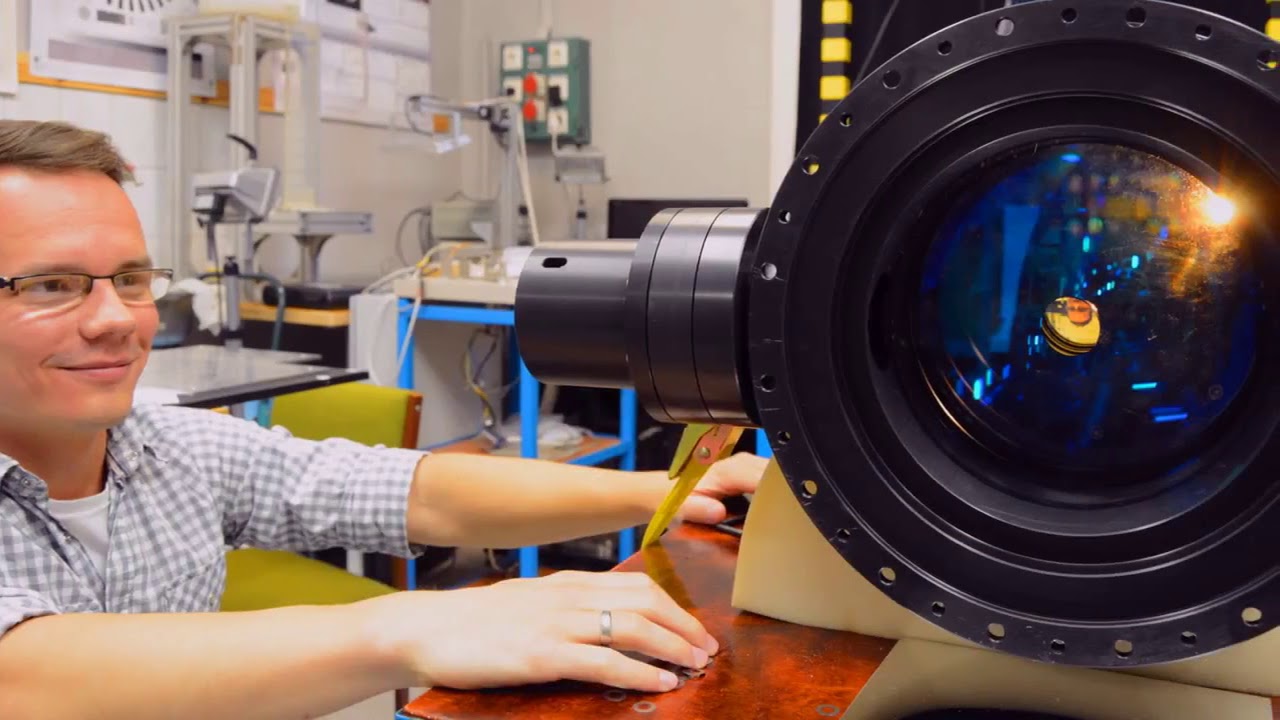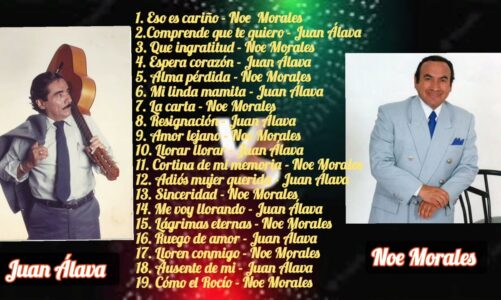TDF
What does it mean to be free? Academy award-winning actor Morgan Freeman leads viewers on a journey worldwide as he listens to the moving stories of five extraordinary individuals who fought hard to gain freedom in one form or another. It is a study of what freedom is, both as a concept and a human condition.
The first two he meets show that freedom is a state of mind. Shin was born inside a North Korean slave labor camp and, after escaping to America, is now starting a family. Despite gaining physical freedom, he was still a mental prisoner, struggling with PTSD, adjusting to a new world. He had to learn how to be free and make choices he never imagined was possible.
Albert Woodfox spent almost 44 years in a solitary confinement prison cell in Louisiana and was released at 71 years old. The years without any physical freedom gave him an unbreakable sense of inner freedom. His mind was free, which helped him survive his ordeal.
Freeman highlights the importance of freedom fighters that fight for injustice and tyranny today, just like the founding fathers of the United States did back in 1776.
He examines the Declaration of Independence, which officially states that a government must fight for its citizens’ “unalienable” rights. However, Thomas Jefferson’s original version said that freedom was an “intrinsic” right, meaning something every man is born with. Today we can only look back at the sinister implications of that one-word swap to the history of women and black Americans.
He visits Guatemalan activist Rigoberta Menchú, an ethnic Maya Indian who lost her entire family to government forces that unleashed abuse and brutality to indigenous ethnic tribes, killing thousands. Even while living in exile for 14 years, she dedicated her life to fighting for the Mayas, and she won the 1992 Nobel Peace Prize for her peaceful yet effective methods.
In New York, he chats with Nadia Tolokonnikova, founder of the Russian feminist protest punk rock movement Pussy Riot. She was arrested for a 2012 flash concert at a church, held in protest against President Putin’s continued suppression of people’s freedom in collaboration with the Russian Orthodox church. While in prison, she fought for women’s rights in jail, leading to reforms in the prison system.
Finally, many continue to fight for the freedom to express who they are inside. Victoria Khan was seven in civil-war-torn 1990s Afghanistan when she ended up in a youth suicide bomber training camp, after Taliban had slaughtered her parents. She refused to separate from her younger sister, protecting her from predators and even donning a burka to do so. And even if both ended up safe, living free lives in Europe and America, Victoria realized that she needed to fully accept, embrace and transform who she was to truly deserve her freedom.
Freedom is an intrinsic right of every human being, yet today the world still has to go a long way to fully attaining it. There are still people enslaved, living with socio-political and economic inequality and those who want the freedom to be who they are inside. One day, hopefully, these rights will apply to all.



